
Ask Dean Berman
Our Dean for Admissions Deborah Berman, MD, answers some commonly asked questions about the transition to life as a University of Michigan medical student:
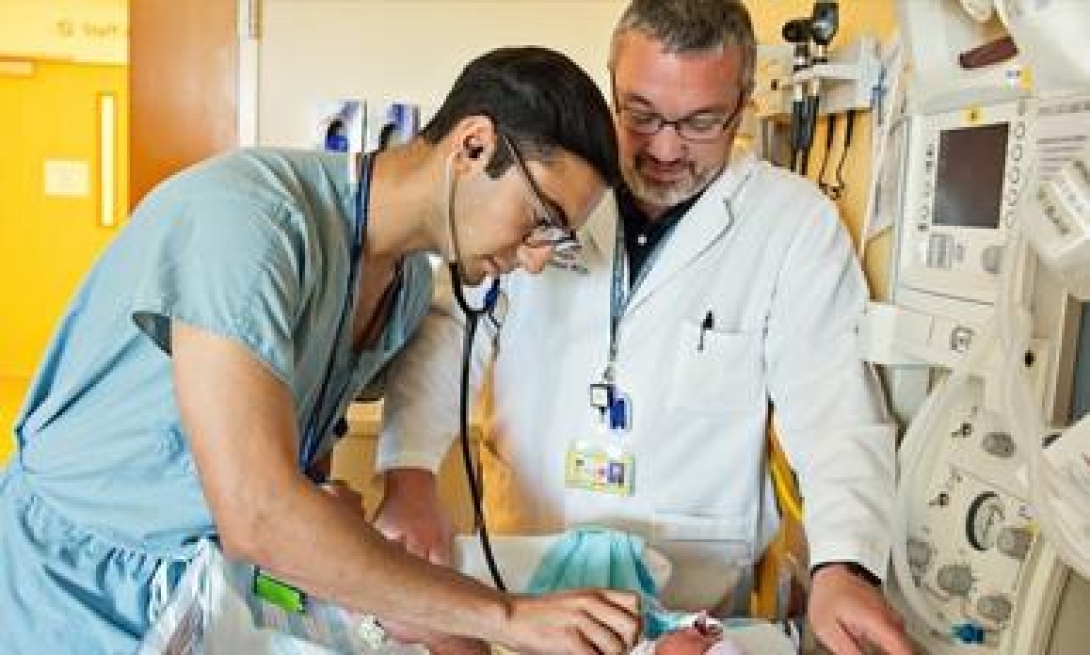
Q: Why might the University of Michigan Medical School be a good match for my student?
A: Michigan has carefully crafted an innovative and engaging curriculum, and our school is at the forefront of student-centered concepts for personalized medical education. In addition, many students feel they can maximize their potential through flextime quizzing, flexible and non-competitive study support systems, and individual faculty support.
Early in their training, our students have the opportunity to connect with patients and learn how important patient- and family-centered care is at Michigan. With the University’s close relationship with the surrounding community, our students have endless opportunities to serve the community—even statewide. The faculty and dedicated staff are deeply committed to patient care, research and education. Our students have immediate connections with and access to the faculty, partnering with them for innovation, discovery and research.
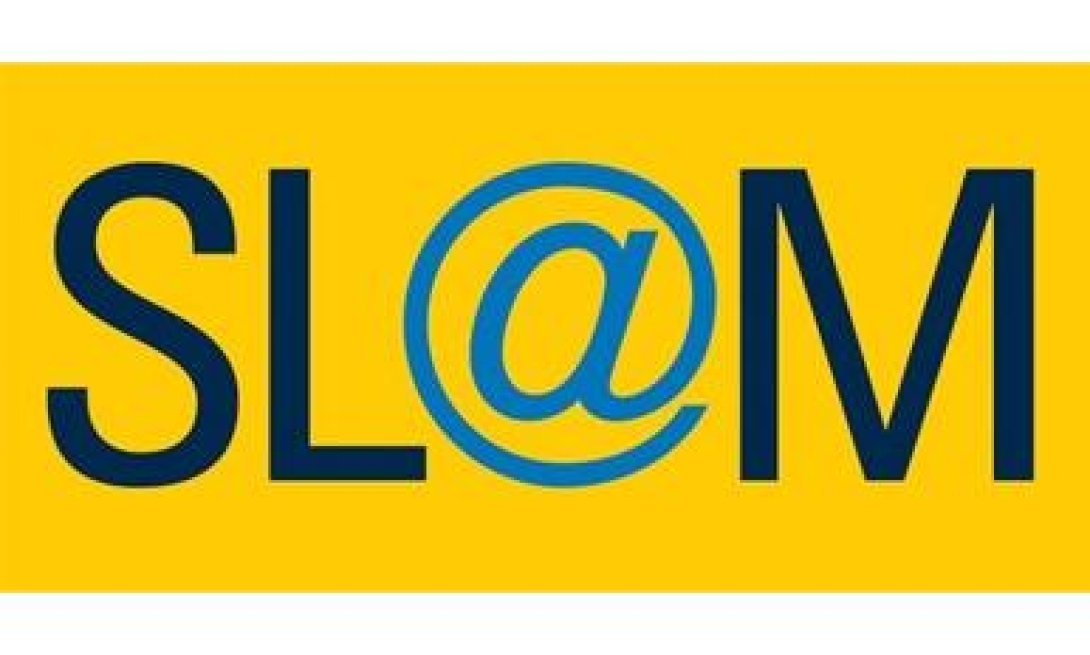
Q: If my student is still unsure about their medical school decision, are there opportunities to learn more?
A: We completely understand that the process of helping your student try to figure out the best medical school for them is both exciting and daunting. Please encourage them to connect with our students, faculty and staff as needed, including at the Second Look at Michigan (SL@M) event in mid-April.
Our community is passionate about the University of Michigan Medical School and will be happy to share information and answer questions about the curriculum, research opportunities, patient populations we serve, life in Ann Arbor and much more! By taking part in SL@M, your student will have a much better understanding of all that Michigan has to offer and how it may be similar or different to other programs they’re considering. While a great deal of information will be provided, our primary goal with SL@M is to share something incredibly important to all of us: the culture and climate of our medical school and the entire academic medical center.
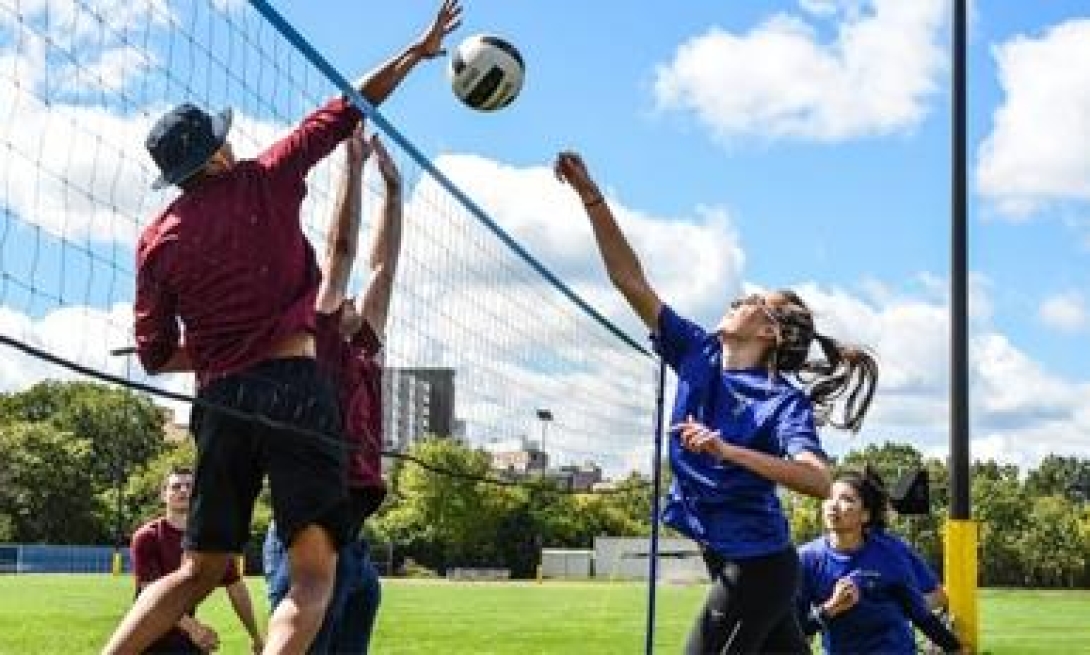
Q: What happens once my student begins medical school?
A: Our M-Home team and the Office of Medical Student Education welcomes your student with a weeklong Launch! During this orientation, your student is introduced to their peers, senior medical students, deans and directors, counselors and learning experts. They’ll hear all about the curriculum, how to access support and tutoring, and so much more. They’ll also be sorted into their M-Home House, where they will have numerous opportunities throughout their four years of medical school to engage with a smaller sub-set of students from all of the classes. M-Home is focused on creating community, support, wellbeing and connections for our students through everything from special programming to all-house events.
Students are also placed into their Doctoring groups during Launch. These groups consist of two faculty members and 10 classmates, and stay together throughout the four years of medical school. Students also learn more about our Paths of Excellence, special areas of interest for students who are excited about global medicine, health disparities, research, innovation, and more.
Following Launch, students will begin our 12-month preclinical curriculum, which is organized into blocks focused on the foundational sciences. This block system generally has weekly quizzes and a block test that students can take anytime between Friday afternoon and Sunday night.
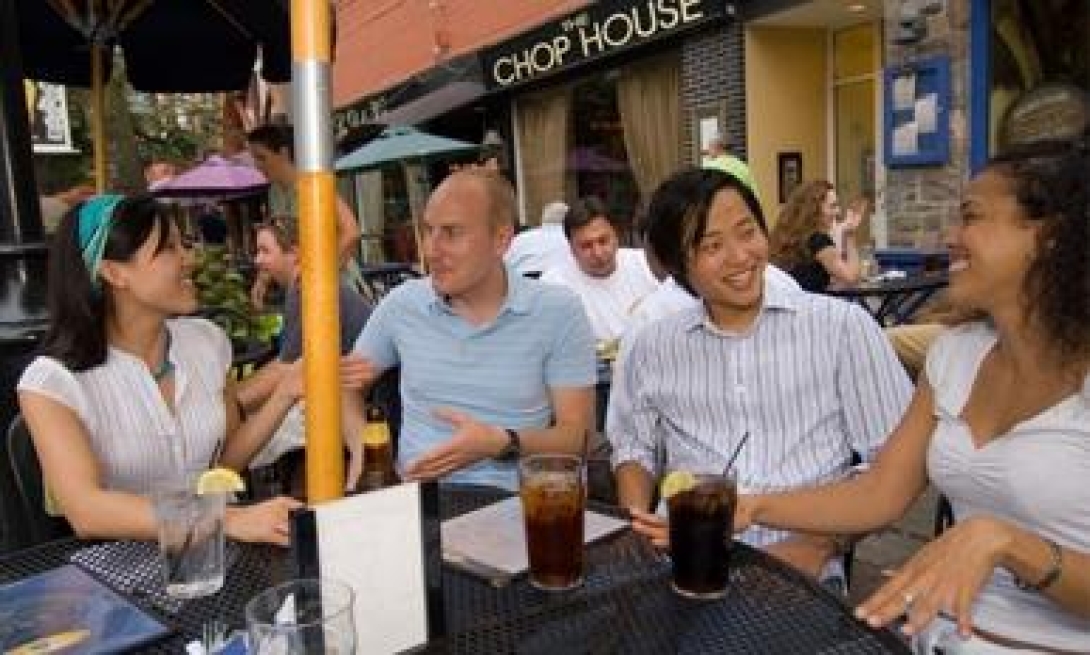
Q: What are some of your favorite things to do in Ann Arbor?
A: Ann Arbor is fabulous! Truly. It is a gem of a city. It is a bustling university town with a cosmopolitan feel. It is also a culinary hotspot with everything from eateries, breweries and artisan bakeries to coffee roasters, wine and tea sommeliers, and creameries! This safe and walkable city has world-class arts, music, entertainment and nearly every type of sporting event imaginable. I love walking to campus and touring the Museum of Art and the Museum of Natural History.
Let’s be honest, I also love the fact that the University of Michigan is so intimately nestled in Ann Arbor, which has afforded me the chance to go to so many different sporting events (gymnastics meets at Crisler Center, football games in the Big House, volleyball matches at Keen arena, and so many more).
The University of Michigan and City of Ann Arbor jointly own Nichols Arboretum—protected land that's home to miles of trails for hiking and snow shoeing, spectacular bird watching, rich botanical collections, and the Huron River. Yes, people raft down the Huron River when the snow melts and summer arrives. Seeing people float down the river, music playing, laughter in the air, is wonderful.
Who doesn’t love picking up local produce at the Farmer’s Market and meeting all of the farmers from nearby farms. We have a strong farm to table scene at many of our restaurants. I also love Ann Arbor’s Art Fairs. Artists from around the world fill nearly every street with art in mid-July. As the fall arrives and the leaves take on vibrant colors, I love apple picking at nearby orchards (and donut eating at the cider mills).
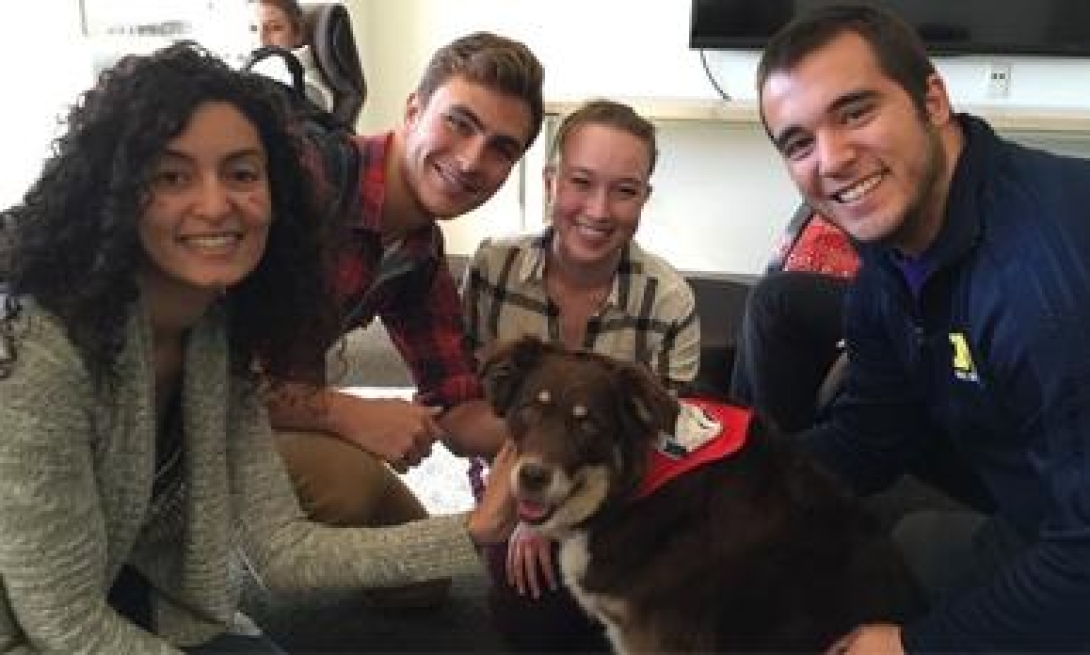
Q: Is medical school just like starting college all over again?
A: Students find their medical school years to be quite different from their college experience. While thrilling and exciting, at the same time it can be overwhelming and daunting for your student. It is truly an immersive, comprehensive learning experience that requires self-discipline, focus and motivation to master the material. Not only are we aiming to teach and train wonderful physicians, but we are also working to help create strong, compassionate, kind, innovative and collaborative leaders.
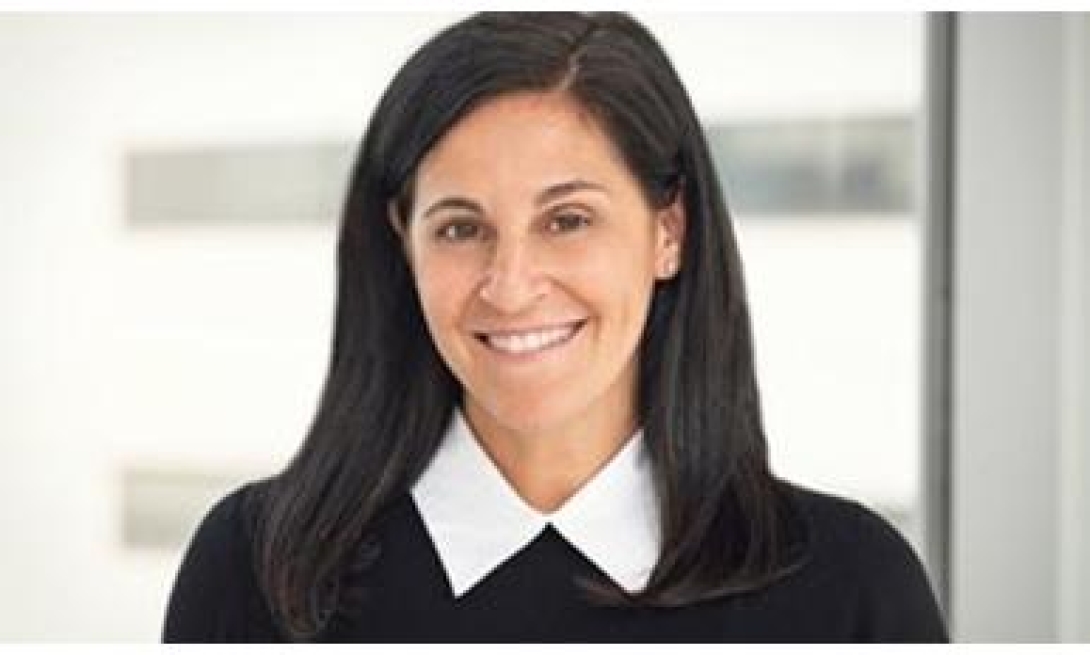
Meet Dean Berman
In addition to her Admissions role, Dean Berman is a Maternal Fetal Medicine specialist in the Department of Obstetrics and Gynecology.
She was born and raised in Los Angeles but has made Ann Arbor her home. Dean Berman went to the University of Michigan for her undergraduate and medical degrees. She completed her Obstetrics and Gynecology residency at Michigan Medicine, joined the faculty for four years, and then went on to complete a Maternal-Fetal Medicine Fellowship with a focus on prenatal diagnosis of fetal abnormalities, fetal therapy and surgery. She then rejoined the faculty where she has a busy clinical practice today.